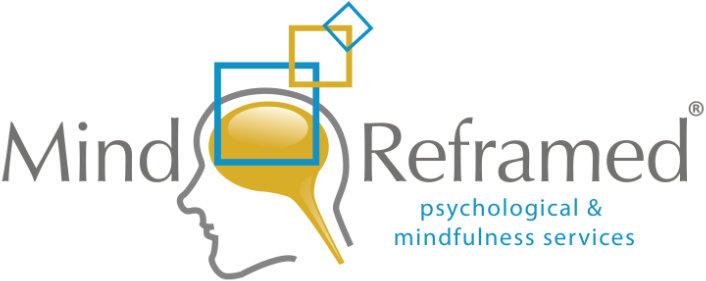
THIS PROGRAMME IS CURRENTLY PROVIDED BY SOME OF OUR ASSOCIATES INDEPENDENTLY FROM MIND-REFRAMED. PLEASE EMAIL US TO PUT YOU IN TOUCH WITH THE RELEVANT CLINICIANS.
DBT for Adolescents (DBT-A) is a skills-based programme which we offer online via Zoom. It has been shown effective in supporting teenagers and young people who struggle with emotion regulation, relationship or eating difficulties, self-harm and other problematic behaviours associated with impulsivity and high sensitivity. DBT-A involves modular skills training which takes place in a group, individual therapy (optional) and skills training for parents/carers. Other components include phone consultation (young people and their parents are encouraged to call the therapist when they experience problematic urges or high conflict) and consultation team meetings.
What problems does DBT-A treat?
DBT-A addresses five major problem areas through a variety of treatment modes and specific skills:
- Unawareness of emotions, dissociation and feelings of emptiness
- Dysregulation in emotion and behaviour
- Impulsivity (self-harm, substance misuse, lashing out, suicidal threats/actions) and angry outbursts
- Interpersonal problems (unstable relationships, interpersonal conflict, social isolation, loss)
- Parent-teen Dilemmas (poor problem-solving, rigid thinking, poor communication)
What skills does DBT-A teach?
DBT-A involves modular skills training for teenagers/young people and a skills group for parents. Research indicates that the intervention is more effective when key adults (usually parents) also learn the skills so that they can be generalised within the family context. The programme can involve weekly one-to-one therapy and family sessions subject to the level of need identified at the assessment. The skills training consists of four modules which are completed over 21 weeks. Mindfulness skills are weaved into each of the modules below:
- Distress tolerance (5 weeks) skills will enable you to recognise urges to do things that would be ineffective, such as hurting yourself, acting on suicidal urges or engaging in conflict and consciously controlling them. You will learn ways to survive and tolerate difficult moments without making things worse.
- Walking the middle path (5 weeks) skills will teach teenagers and their parents how to avoid taking extreme positions and instead acknowledge the validity of different perspectives and others’ opinions, and how to compromise and negotiate rather than get locked in conflict.
- Emotion regulation (6 weeks) skills will support you in coping with difficult situations by building pleasant, self-soothing experiences to protect from emotional extremes. There’s a big focus on the physical body and its importance when it comes to reducing vulnerabilities. This module also involves learning to recognise and label current emotions, increase positive emotions, and change emotions that are unhelpful or unwarranted.
- Interpersonal effectiveness (5 weeks) skills have the purpose of teaching you how to interact more effectively with others, and enable you to feel more supported. It also teaches communication strategies for maintaining balanced relationships.
How to begin?
All individuals interested in joining the full programme will be assessed by a member of our team. To find out more about our team please visit the About Us section of this website. Following the assessment your teen will be offered three one-to-one orientation sessions during which they will be introduced to some fundamental DBT theories, tools and crisis skills. We will also talk them through a roadmap of treatment going forward, answer any questions and agree on a start date in the skills group. Parents or another accompanying adult is requested to attend one of those sessions.
It is also possible to provide a letter of recommendation from a psychiatrist or current therapist describing the client’s mental health and developmental history. The letter needs to provide a detailed account of patterns of dysregulation in emotion and behaviour, history of risk (including self-harm, suicide attempts and hospitalisations), current and/or previous engagement with other services and therapeutic endeavours.
Fees
Fees for the skills modules are as follows:
- Distress Tolerance – £425
- Middle Path – £425
- Emotion Regulation – £510
- Interpersonal Effectiveness – £425
- Parent Skills Group – £680
Fees for the comprehensive 21-week DBT programme (individual therapy, skills class and phone skills coaching) range between £185 and £205 a week. It is also possible to commit to attending the DBT skills groups alone. Parents or primary carers are encouraged to attend two family skills groups during each module their child undertakes.
To formally reserve a place in the skills group 50% of the module fee must be paid at the time of booking which is non-refundable. The remaining part of the fee is due a week before the official start date of the module. It is only possible to commit to a full module and the fee is payable for all of the sessions. This includes sessions that are not attended, missed or cancelled for any reason.




